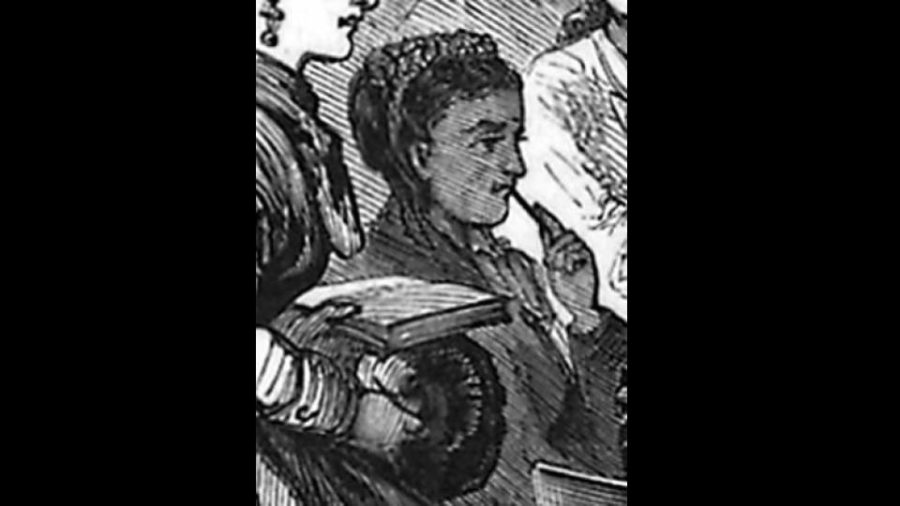Rebecca Cole: The Triumph of America’s Second Female African-American Doctor
February 25, 2022
Becoming a doctor as a female and as an African-American has not always been simple. In the late 1800s, the task could be deemed as nearly impossible. Nevertheless, Rebecca Cole overcame all odds and became the second female African-American doctor in the United States.
Rebecca Cole was born in Philadelphia, Pennsylvania. While she did not struggle with poverty firsthand, she bore witness to the trying times of others. Through this, she developed a sense of reality in regard to the treatment of African Americans and a desire to enter the world of medicine to change the impact of the healthcare system on people of color. In 1867, Cole graduated from the Woman’s Medical College of Pennsylvania, where she studied under the first woman dean of a school in America–Ann Preston.
Beginning her triumph in the medical field, Cole gained clinical experience at Elizabeth Blackwell’s New York Infirmary for Women and Children, drawing her to the concept of helping the destitute. At the infirmary, she traveled to local homes built in poor neighborhoods, where she taught them the guidelines of proper hygiene. Inspired by her own labor, she then went on to create a Women’s Directory Center in 1873. The center helped poor women and children by providing them with legal and medical aid. In 1899, she was offered a position as the superintendent of a home run by the Association for the Relief of Destitute Colored Women and Children.
It should be noted, however, that Cole’s inspirational career faced a fair number of obstacles. While working for the Ladies’ Centennial Committee of Philadelphia, racist engagements were asked of her. For example, a Colored Ladies Sub-committee was requested to plan the committee’s 100th-anniversary celebration. Determined, though, was Cole as she disputed the notion on the basis that Black women have the ability and deserve the respect of working alongside other members of the committee. Here it should be recognized that Cole succeeded in this battle and as such, forced out racial discrimination within a dignified association.
Cole’s overall career and achievements can only be described as admirable. Women, and Black people everywhere, can learn valuable lessons from both her courage and her dedication to change.

